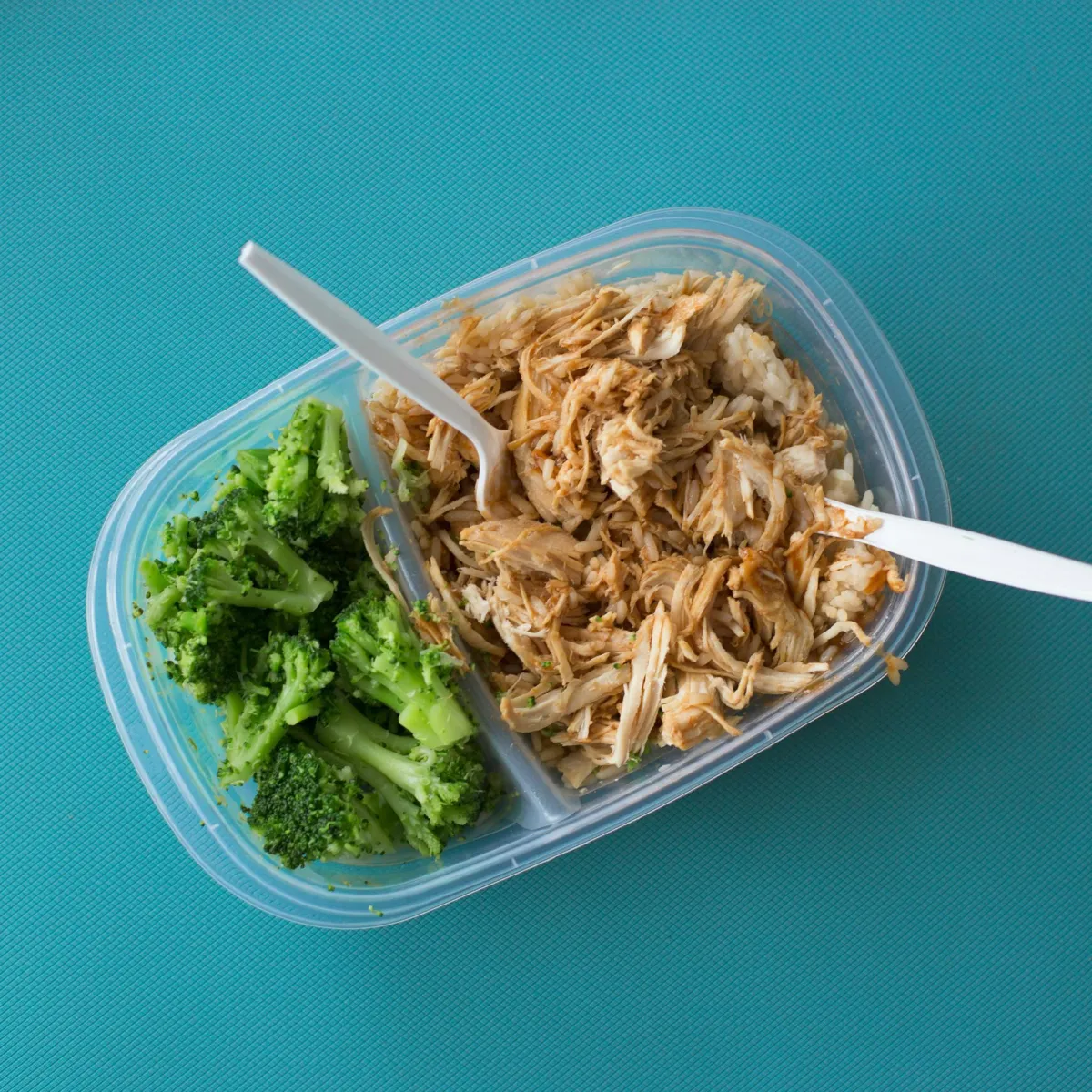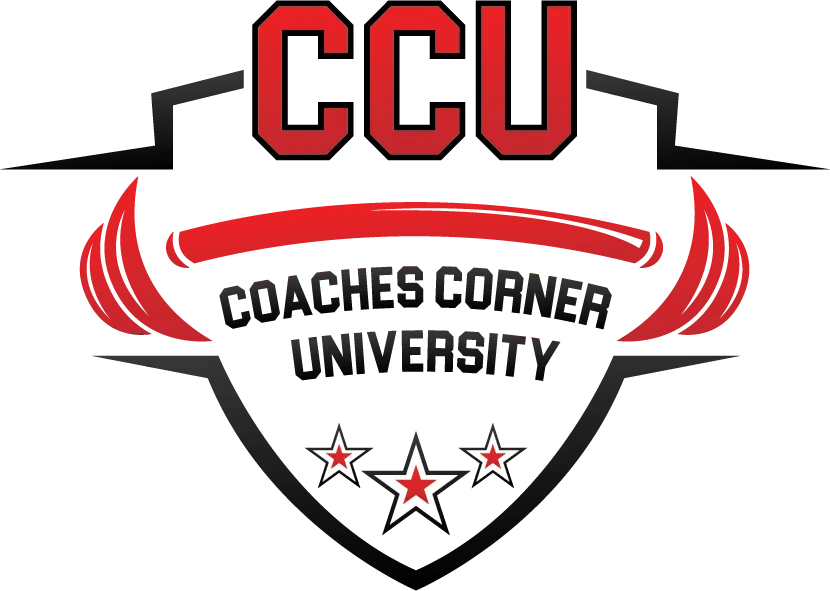Discover The Latest Blogs
Stay updated with Our Informative Blog Posts

You Can't Ask Them to Do What You Won't Do Yourself
You Can't Ask Them to Do What You Won't Do Yourself
Picture this: You're standing in a parking lot at 5:30 AM, weighing yourself on a scale because the hotel bathroom floor is carpeted and you need an accurate number.
Or maybe you're eating meal three in your car between client sessions because you're 6 weeks out and your macros aren't negotiable.
Or you've got your kid in the backseat asking why you're not getting snacks at the gas station while you pull out your tupperware for the fourth time that day.
This is what "walking the walk" actually looks like when nobody's watching.
And here's the thing I need you to understand: if you're going to ask your clients to stay on plan when it's inconvenient, you damn well better be doing it yourself.
The Responsibility You Signed Up For
I used to think I could coach people from a distance. That my education, my certifications, my years of experience were enough. That I could give someone a plan and expect them to execute it while I made excuses for myself when things got hard.
I was wrong.
The moment you take someone's money and tell them you can help them transform their body, their performance, their life—you've signed up for something bigger than programming. You've signed up to be the example.
Not perfect. Not superhuman. But committed to the same standards you're asking them to meet.
I see coaches all the time who'll write up a meal plan, charge for accountability, and then post themselves eating pizza because "it's a rest day" or "balance is important." And sure, flexibility matters. But if you're asking your client who's 8 weeks out from a show to hit their macros on a road trip, you better be able to show them how YOU do it when you're in the same boat.
That's not optional. That's the fucking job.
The Unglamorous Reality
Let me paint a picture of what this actually looks like:
You pack your entire meal prep for two days into a cooler. You might eat breakfast in your car between your morning lift and a work obligation. You could be weighing yourself in a parking lot because you're day-before weigh-ins and the circumstances aren't ideal. You're eating lunch in another parking lot between appointments.
Maybe you've got a client training session, then you're sitting in your car eating meal three—chicken and rice, cold, with a plastic fork—while your kid watches a show in the backseat.
You might have a coaching call scheduled. You need to find a quiet place with service. You end up in a parking lot because the hotel WiFi is spotty. That's meal four. Still cold. Still from the cooler.
Your kid wants to stop for snacks. They get their treat. You stay in the car and eat your pre-logged meal. They ask why you're not eating "real food." You explain that this IS real food—it's just what you need to do right now to hit your goals.
Or maybe you don't have kids. Maybe it's just you, alone, eating cold meals in parking lots because that's what the plan requires today.
Is this glamorous? Absolutely not.
Is this extreme? Maybe. But if you're asking clients to do this exact thing, you better be willing to live it.
Why This Actually Matters
Your clients can sense when you're full of shit.
They know when you're telling them to do things you've never done yourself. They know when you're coaching from theory instead of experience. They know when you've never been in the trenches dealing with the same challenges you're asking them to navigate.
And here's what happens: they stop trusting you. They start making excuses. They convince themselves that their situation is different, harder, more complicated than yours.
Because if you're not doing it, why should they?
I've been coaching for 18 years. I've worked with over 5,000 clients. And I can tell you with absolute certainty: the coaches who get the best results aren't the ones with the most credentials. They're the ones who are living proof that their methods work.
They're in the arena. They're doing the hard things. They're showing, not just telling.
The Version of You That Gets Results
I have my own coach. I follow a structured program. I track my food. I make it work when I'm traveling, when I'm busy, when I don't feel like it.
Not because I'm more disciplined than you. Not because I'm naturally better at this.
Because I decided a long time ago that I can't ask someone to do something I'm not willing to do myself. That's the standard. That's the responsibility.
Every time I'm tempted to take the easy way out—to skip the tracking, to grab something quick instead of eating what I packed, to make an excuse about why today is different—I think about the person who's trusting me to guide them. The person who's paying me because they believe I can help them.
If I compromise on myself, I compromise on them.
The version of you that your clients need isn't the version that has all the answers. It's the version that's willing to do the work alongside them. The version that's still grinding. Still figuring it out. Still showing up even when it's unglamorous and tedious and nobody's watching.
That version builds trust. That version gets results. That version changes lives.
The Standard We Need to Set
This industry is proliferated with coaches who look the part but don't live it. Who post highlight reels but hide the daily grind. Who tell people what to do without demonstrating they've done it themselves.
We can do better.
If you're coaching people through fat loss, they need to see that you've navigated it successfully—not just once, but repeatedly, under different circumstances.
If you're coaching people through meet prep, they need to see you doing your own prep work, managing the same challenges, dealing with the same inconveniences.
If you're teaching people how to stay consistent when life gets complicated, they need to see you staying consistent when YOUR life gets complicated.
This isn't about perfection. I'm not saying you need to be shredded year-round or hit PRs every session or never have an off day.
I'm saying that the standard you hold for your clients needs to be the standard you hold for yourself. The advice you give needs to be evidence-based—and the best evidence is your own lived experience.
Show Them the Parking Lot
Here's my challenge to you:
Stop hiding the unglamorous parts. Stop only sharing the wins and the highlight reels. Stop posting the end result without showing the process.
Your clients need to see you eating meals out of tupperware in your car. They need to see you packing the cooler at 5 AM. They need to see you making it work when it's inconvenient, when you're tired, when you'd rather just grab something easy.
They need to see that YOU are the product of your product.
Not because you're showing off. Not because you want validation.
Because you're demonstrating that what you're asking them to do is actually doable. That the standards you're setting are standards you meet yourself. That you're not asking them to do anything you wouldn't do.
That's leadership. That's integrity. That's what separates coaches who get results from coaches who just talk about them.
The Best Evidence
I still compete. I still prep. I'm still in the arena doing the work.
Not because I have to. I run a successful coaching business. I could coach from the sidelines, share old photos, rely on past accomplishments.
But I don't. Because the moment I stop doing the work is the moment I lose the right to ask you to do it.
You want to know why my coaching works? It's not because I have some secret method or magic protocol. It's because I live it. Every day. Even when it's hard. Especially when it's hard.
That's the difference between coaching someone and leading someone.
And your clients don't need another coach. They need a leader who's walking the path beside them.
Your Move
If you're a coach reading this, I want you to ask yourself:
Am I the product of my product?
Can my clients look at me and see proof that my methods work?
Am I willing to do everything I'm asking them to do?
If the answer is yes—show them. Share the parking lot meals. Share the 5 AM weigh-ins. Share the tedious, unglamorous work that nobody sees.
If the answer is no—that's okay. But you've got work to do. Get back in the arena. Hire a coach. Follow a plan. Do the hard things you're asking your clients to do.
Because they're watching. They're paying attention. They can tell.
And the version of you that they need is the version that shows up, does the work, and leads by example.
That's the standard. That's the responsibility.
That's what it means to walk the walk.
P.S. I'm not saying this to be preachy. I'm saying it because I've learned this the hard way. There were years where I wasn't living what I was teaching. Where I was coaching from theory instead of experience. My results suffered. My clients suffered. I had to get back in the trenches and earn the right to lead again.
If you're ready to do that—to be the example your clients need—start by showing them the reality, not just the highlight reel. They'll respect you more for it. And they'll get better results because of it.
Keep Raising the Bar,
Paul Oneid MS, MS, CSCS

Coaches Corner PhD




